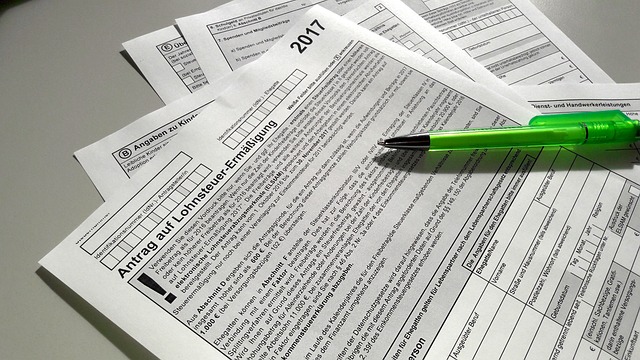In South Africa, self-employed individuals (freelancers, side hustle owners) must master self-employment tax planning to avoid penalties and comply with SARS rules. This involves understanding relevant laws like the Self-Employment Tax Planning Act, accurate tax rate calculations based on income and business type, proper registration for tax numbers, meticulous record-keeping, periodic tax returns, and consulting tax professionals. Key areas of focus include social security and old age benefits contributions. Effective strategies include understanding one's tax status (sole trader, close corporation, trust), using accounting software to separate personal and business finances, maintaining detailed records, claiming deductible expenses, staying informed about SARS guidelines, leveraging small business tax incentives, and year-round tax planning with professional guidance.
In the dynamic economy of South Africa, side hustles are becoming increasingly prevalent. However, navigating the tax implications of these additional income streams can be complex. This article guides you through the intricacies of self-employment tax planning in South Africa. We explore key considerations for side gigs, strategies to optimize your taxes, and common pitfalls to avoid. By understanding and implementing effective tax planning, you can ensure compliance and maximize your earnings from these additional ventures.
- Understanding Self-Employment Tax in South Africa
- Key Tax Considerations for Side Gigs
- Strategies for Effective Tax Planning
- Common Pitfalls and How to Avoid Them
Understanding Self-Employment Tax in South Africa

In South Africa, self-employment tax planning is a crucial aspect for those engaged in side hustles or freelance work. As a self-employed individual, you are responsible for paying both employment and income tax on your earnings. The Self-Employment Tax Planning Act outlines the rules and regulations, ensuring fair contributions towards social security, old age, and other benefits. Understanding these obligations is essential to avoid penalties and ensure compliance with the South African Revenue Service (SARS) requirements.
Effective self-employment tax planning involves calculating and paying the correct rates based on your income level and business type. This includes registering for a tax number, keeping detailed records of expenses and revenue, and submitting periodic tax returns. Consulting with a tax professional can provide valuable guidance tailored to your specific circumstances, helping you navigate the complexities of self-employment taxation in South Africa.
Key Tax Considerations for Side Gigs

When it comes to side hustles in South Africa, understanding the tax implications is crucial for effective self-employment tax planning. As a side gig grows, so does the complexity of managing taxes. One key consideration is determining your tax status; whether you’re classified as a sole trader, close corporation, or trust. This classification significantly impacts how you pay taxes and file returns. For instance, sole traders often need to register for a Tax Clearance Certificate (TCC) and pay income tax on their business profits.
Additionally, keeping accurate records is essential. Documenting all income sources, expenses, and transactions related to your side hustle is vital for compliance. Expenses like equipment purchases, travel costs, and office supplies may be deductible, reducing your taxable income. Regularly reviewing the latest South African Revenue Service (SARS) guidelines on self-employment tax planning will help ensure you stay informed about any updates or changes that could affect your financial obligations.
Strategies for Effective Tax Planning

In South Africa, effective tax planning for side hustles involves understanding and leveraging specific strategies tailored to self-employment. One key approach is to separate personal and business finances; maintaining accurate records and utilizing accounting software can help with this segregation. By keeping detailed logs of income, expenses, and receipts, individuals engaged in side hustles can ensure they declare all relevant revenue and deductions, thereby optimizing their tax position.
Additionally, taking advantage of available tax incentives for small businesses is crucial. This includes exploring exemptions and allowances designed to support self-employed individuals. Regularly reviewing the latest tax legislation and consulting with a tax professional are essential practices to stay informed about any changes that may impact your side hustle’s tax obligations. These strategies empower South African citizens to navigate their self-employment tax planning efficiently while ensuring compliance with the country’s tax regulations.
Common Pitfalls and How to Avoid Them

Many individuals engaging in side hustles in South Africa are self-employed, which brings both opportunities and challenges when it comes to taxes. A common pitfall is underestimating the tax obligations that come with self-employment. To avoid this, start by educating yourself on South African tax laws and regulations specific to self-employed individuals. Understand the various categories of income and expenses to ensure accurate reporting.
Another trap to steer clear of is failing to plan for tax payments throughout the year. Self-employed individuals are required to pay estimates on a regular basis, often quarterly. Create a budget that incorporates these tax payments to avoid penalties and interest charges. Consider consulting with an accounting professional who can guide you through the process, ensuring compliance with South African self-employment tax planning requirements.







